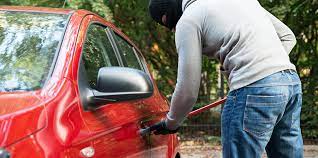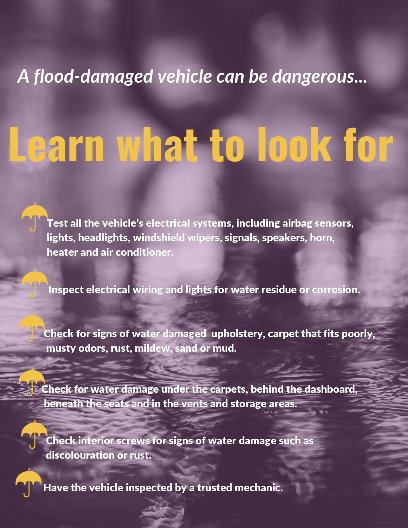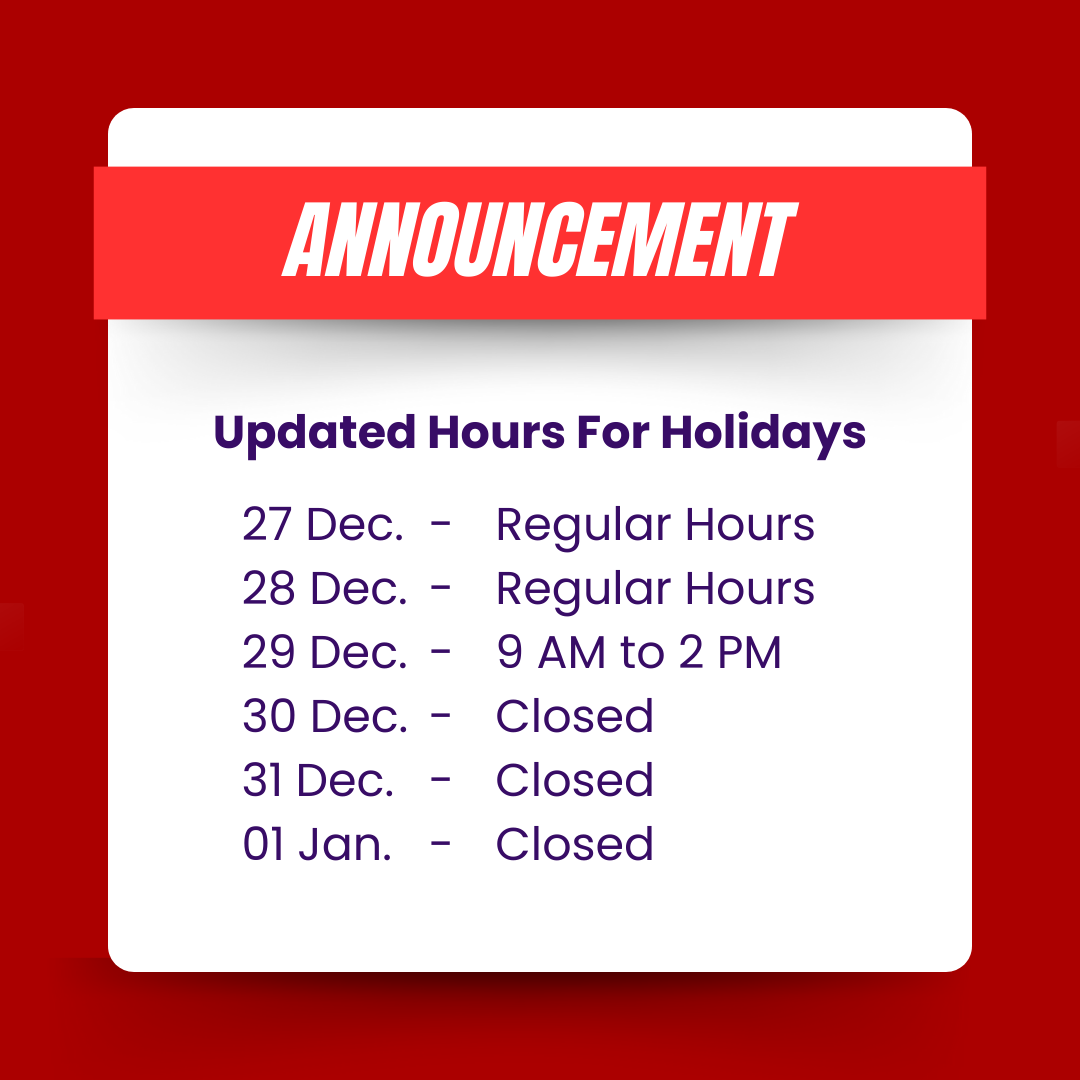My car has been in a collision! Do I need to get it repaired?
Policyholders have often questioned and expressed preference for cash settlement following a motor vehicle collision loss. The reality is that the insurer retains the right to repair or replace the damaged parts of the vehicle instead of a cash settlement. Let’s look at this in a little more depth – what determines the option the insurer will decide upon?
There are a few considerations
- Extent of the damage
- Ownership of the vehicle
- Do you want to keep the optional physical damage coverages?
The insurer must decide considering the above factors whether to allow a cash payout and leave your vehicle as-is. The decision is ultimately left to the insurance company.
Here are a few questions that your insurer has to consider when you ask for a cash payout for damage to your vehicle.
Can the damage compromise the vehicle safety?
- Is the damage to a safety-related part of your vehicle (lights, tires, or seatbelts) In addition, you risk being pulled over and possibly getting a ticket if you don’t have it repaired.
- Systems, like automatic parking and blind spot monitoring, involve complex systems of sensors that will need to be tested and recalibrated to ensure they’re working properly after a collision.
If the damage is to any of the above components, your insurance company most likely won’t allow you to cash out.
Auto Repair: Pros and Cons
Pros
1. Restoration of Vehicle Functionality: Opting for auto repair ensures that your vehicle is restored to its pre-accident condition. This means addressing both cosmetic and mechanical damages, allowing you to continue using your car safely.
2. Retained Resale Value: Repairing your vehicle maintains its resale value. A well-maintained and fully functional car generally commands a higher resale price than a damaged one, even with repairs.
3. Insurance Coverage Utilization: If you have comprehensive insurance, the repair costs may be covered, reducing your out-of-pocket expenses. This is a significant advantage for those who prefer to keep their current vehicle.
Cons
1. Time-Consuming Process: Auto repairs, especially for extensive damage, can be time-consuming. This means you may be without your vehicle for an extended period, which can be inconvenient, especially if you rely heavily on your car for daily activities.
2. Diminished Future Value: While immediate repairs may retain your vehicle’s value, it’s essential to consider potential long-term effects. Some argue that a repaired car may still have diminished resale value compared to an undamaged one.
Cash Settlement: Pros and Cons
Pros
1. Flexibility in Vehicle Replacement: Opting for a cash settlement provides you with the flexibility to choose a replacement vehicle according to your preferences and needs. This option is especially appealing if your current vehicle holds sentimental value, and you’re open to exploring other options.
2. Expedited Process: Unlike the potentially lengthy auto repair process, a cash settlement allows for a quicker resolution. You receive the funds, and you can decide whether to purchase a new vehicle or explore alternative transportation solutions promptly.
3. Avoidance of Potential Future Issues: Some argue that opting for a cash settlement avoids potential future problems associated with repaired vehicles. While modern repair techniques are advanced, concerns about hidden damage or lingering issues may influence individuals to choose a clean break.
Cons
1. Out-of-Pocket Expenses: Choosing a cash settlement means you’ll need to use the funds received to purchase a new vehicle. Depending on the settlement amount and the market, this may result in out-of-pocket expenses, especially if the settlement doesn’t fully cover the cost of a comparable replacement.
2. Emotional Attachment: For some, parting with a damaged but sentimental vehicle can be emotionally challenging. A cash settlement requires letting go of the current car, which may have personal or nostalgic value.
Is the vehicle leased or financed?
As you’re responsible for maintaining the vehicle and keeping it in good condition you will need to have the vehicle repaired if it is damaged. The insurance company will include the Leasing company as co-payee when you make an insurance claim. As a result you will not be able to take a cash-out and skip on repairs.
Will my policy continue with same insurer?
Most insurers practically don’t want any vehicle covered under their policy with unrepaired damages. An insurer may ask you to provide proof of repairs which can be a bill from a repair shop and pictures of vehicles from all sides. If you fail to provide this information an insurer might cancel your policy.
Are the physical damage coverages being kept?
If there are no repairs to be made to the vehicle after it has been damaged in a collision, the insurance company may remove optional physical damages from your policy. Which means you’ll have no coverage if your vehicle is further damaged down the road.
Every car insurance claim is unique, and there are a lot of variables that go into determining the outcome of a claim. These are just a few of the factors that go into determining your eligibility for a cash payout following an insurance claim.
If you’re involved in an accident, have questions, need help weighing your options, or if you have questions about your car insurance coverage please call an Aaxel broker today to provide you with trusted advice.







